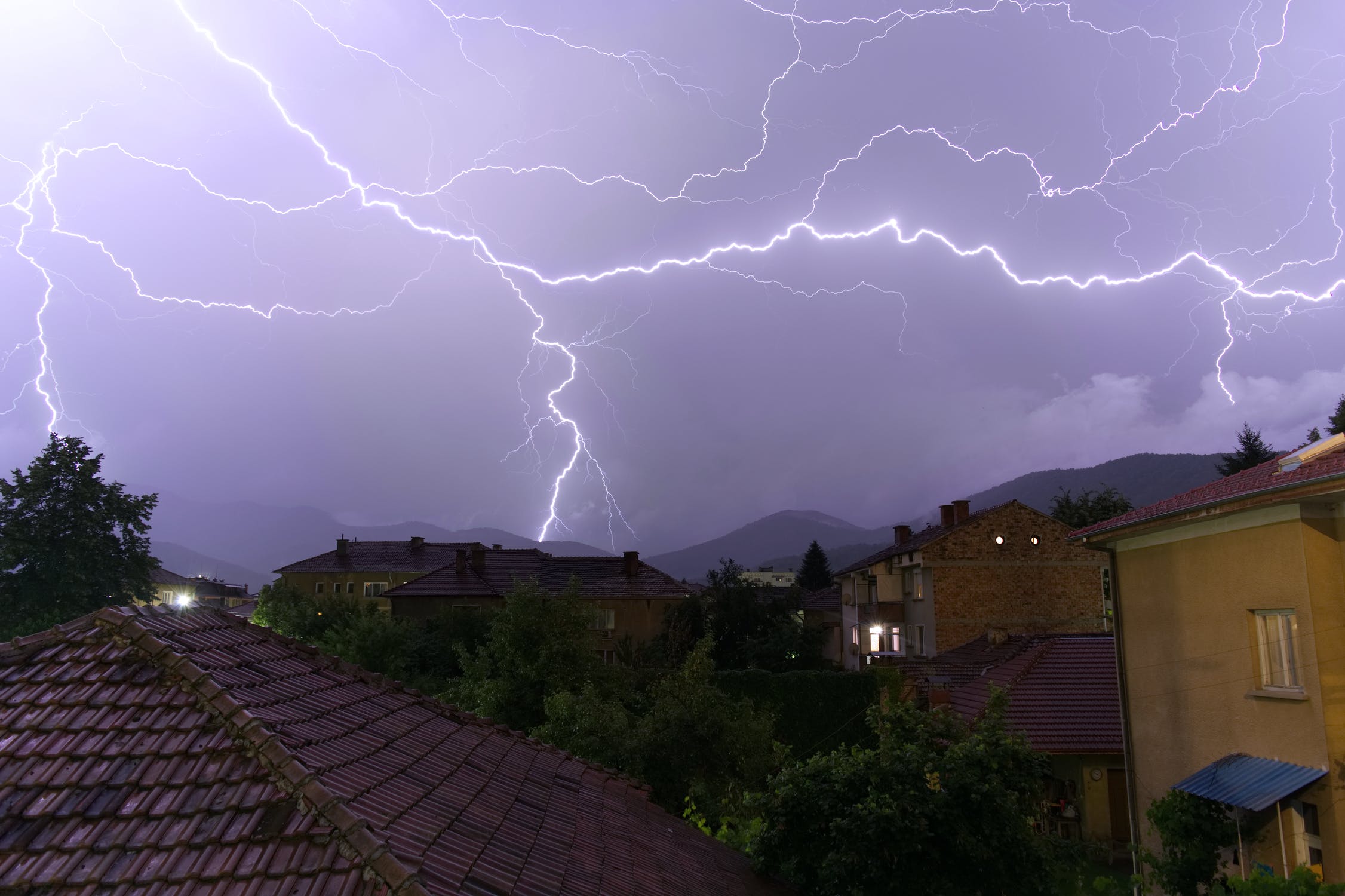
Have you ever experienced a power outage during a storm? It’s actually more common than many people realize. With the majority of electrical equipment above ground, they are more likely to be affected by weather conditions such as lightning, heavy rain, and cold temperatures.
There is a large number of power outages that have a direct correlation to harsh weather conditions. When a storm happens, there is more pressure on your electricity grid to keep everything functioning properly. Being in overdrive can lead to a shortage, similar to how a body working harder to complete a task eventually shuts down.
Depending on the severity of the storm, your power lines can even break or fall down. In serious cases, some power companies also shut down their electric grid to conserve energy after a storm. If you find yourself vulnerable to power outages on a regular basis, there are a few precautions you can take in order to avoid future problems.
Setting up Smart Grids
Smart grids are beneficial because they immediately communicate disruptions to your power company when an outage occurs. The sooner your power company is notified of a service threat, the sooner they can troubleshoot the issue and restore power. Speak to an experienced electrician about installing smart grid technology. You can ensure that a service is reputable based on the reviews that they have received in the past. Take the time to do thorough research online so that you can find a professional that will handle the installation process correctly.
Diversify Your Energy Sources
If you’re prone to outages, consider investing in more than one alternative power source. Generators are a great choice, but it’s important to run them outside to avoid carbon monoxide poisoning. Battery-operated light sources like flashlights are also a temporary solution until your power is restored. In addition, solar energy can also come in handy for especially long outages.
Store Energy for Later Use
Keep in mind, even solar panels will go down during an outage caused by harsh weather. However, if you invest in grid storage solutions, you will have access to the collected energy once your local power plant goes down. One way to do this is with a battery-operated solar system. These batteries store solar energy that can be used at a later date.
This option is a costly investment, so consider your finances before purchasing solar batteries.
Losing power is extremely inconvenient, especially if you live in an area prone to regular storms. Therefore, you must be proactive in getting your power restored during harsh weather conditions. Whether you install a smart grid that immediately communicates with your power plant or invest in a variety of smaller alternatives, contact an electrician for advice on the right solution for you.


